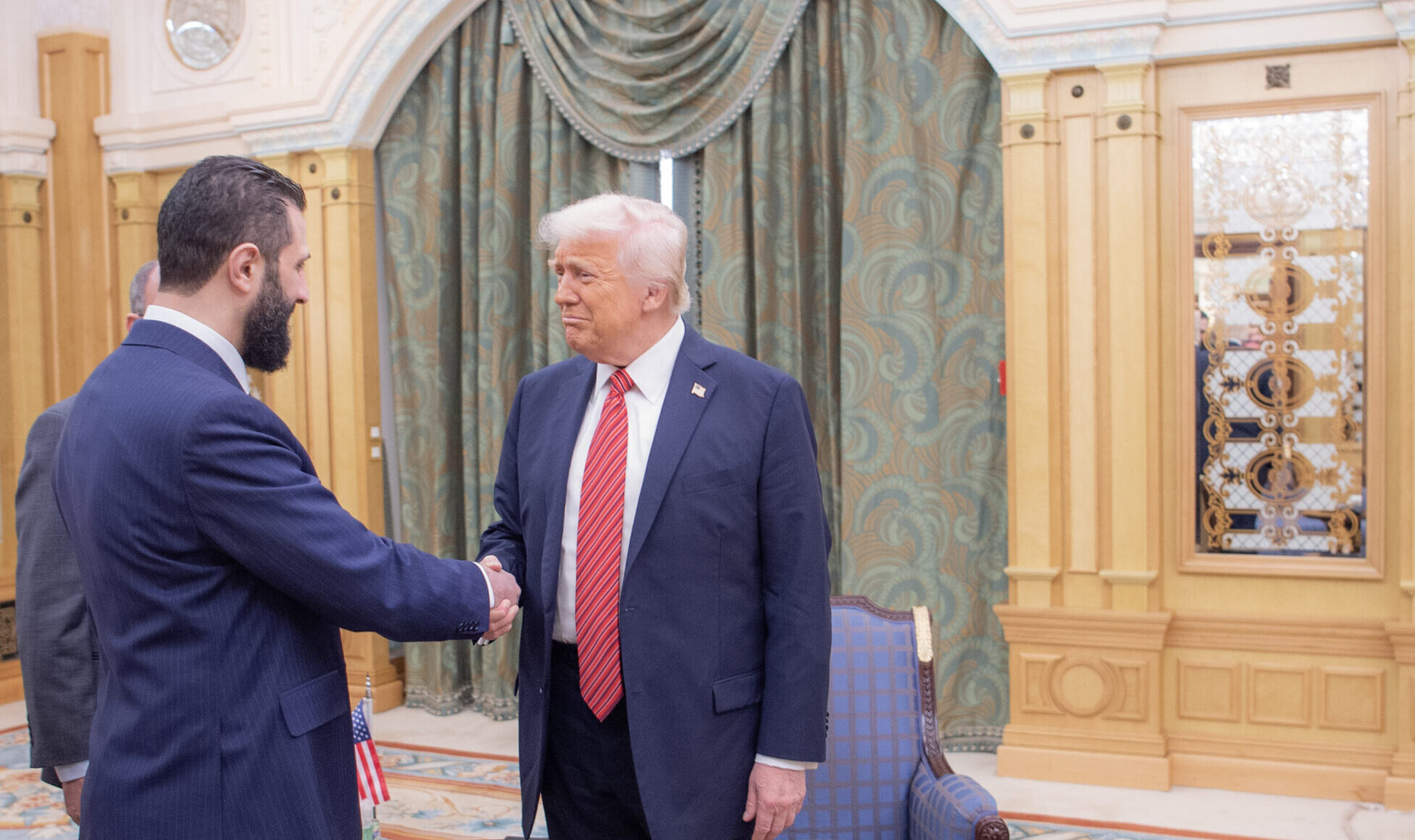The Problem With The Old Hawkishness
Cathy Young makes a tedious argument against the “new isolationism.” Here she repeats a common hawkish claim:
If the United States scales back its presence on the international scene, others will step up to fill the gap.
This is meant to sound menacing and dangerous, because the assumption behind it is that authoritarian regimes and terrorists will be the only ones willing or able to “fill the gap.” This already overstates the danger, since it greatly overestimates the ability of what Young calls “anti-freedom regimes” to project power, but it also ignores that most nations in the world don’t fit this description. The reality is that “the gap,” to the extent that there would be one, would also be filled by many other nations, including quite a few U.S. allies and other democratic states. We should be actively encouraging them to take more responsibility for security in their own regions, which is already very long overdue. The only realistic way to do that is to reduce the U.S. presence in these regions over time.
The U.S. should be expecting its wealthy allies to provide for much more of their own defense over twenty years after the end of the Cold War. The constant fear-mongering about creating a power vacuum makes it more difficult for the U.S. to reduce its presence where it is no longer really needed, and that enables allies to skimp on paying for their own defense. Predictably, the hawkish reaction to the Ukraine crisis has been to demand that the U.S. increase its military presence in Europe, and to take on additional commitments that just add to our liabilities overseas. Hawks pretend to see “retreat” everywhere, when in fact no “retreat” has been happening. Sometimes they use “retreat” to refer to opposition to new commitments and foreign wars, and at other times they use it to condemn decisions to bring prolonged foreign wars to a close. It often just means that the U.S. isn’t being meddlesome enough in foreign conflicts. If hawks had their way, the U.S. would never leave any of the countries where it once fought and it would keep embroiling itself in new conflicts. These people wouldn’t know a prudent foreign policy if they saw one, and if they did they would find a way to denounce it as a failure of “leadership.”
